Lee Adler - Extension Faculty

Analyzing the Clash Between Technology's Troubling Workplace Promises and Humanity's Hopes
The objective is to develop a seminar that takes a critical look at how technology and its processes, despite its remarkable efficiency, productivity gains, and profitability is too often proceeding in ways that needlessly damage individual workers, unions, and our collective sense of society. The course will also critically examine why unions have been so ineffective in altering technology’s impact or influencing the public debate, especially in the educational realm.
We will offer an alternative set of thinking and strategies for our students to consider given the complexity and practicality of the questions we pose. We will draw from subject-related conferences, travel to meet with consolidated thinkers, and guests to join both the class and our School to address whether humanistic values have a place in arguing for the design of the next workplace developments.
Regina Duffey Moravek - Staff

Preparing and Retooling as Campus Recruitment Shifts to Automation
Campus recruiting is experiencing a dramatic change in approach. The campus recruiting process is shifting and replacing, for now, part of the process that relied on human interaction to processes that incorporate virtual or other technologies. The cost-, time-, and labor-intensive methods inherent with campus recruiting have companies and organizations considering these changes as a way to ease budget constraints and improve outcomes. Replacing the highly-interactive, in-person process of interviewing by and with humans, more organizations are moving towards hosting virtual interviews and virtual engagement with students.
Employers benefit when utilizing technological approaches to interviewing: an easier adherence to the best practice standard of structured questioning, less human bias with in-person interviewing, less bias in school selection, a greater reach of applicants which aids diversity efforts, and machine-aided algorithms that inform fit with the organization’s requirements and culture. The most obvious downside is the uncertainty that comes with the lack of personal (human) connection. In order to ensure the continued success of our students and to best support and prepare them during this challenging professional experience, we must remain fully informed of these cutting-edge changes. I plan to learn more about employer practices and future plans in the virtual recruiting space and put in to place programs and resources so ILR Career Services can best prepare our students.
Ifeoma Ajunwa & Marty Wells - Faculty
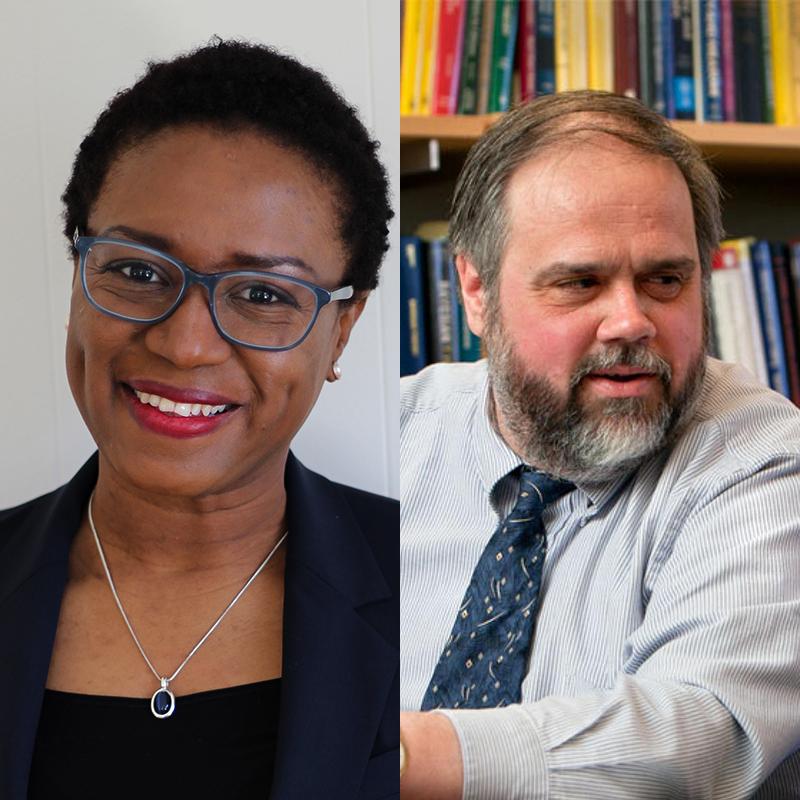
Auditing Hiring Algorithms
The goal of this project is to statistically audit software (automated hiring platforms) used in the hiring process in order to determine whether there is a potential for or observed result of disparate impact on protected categories of applicants. The outcome of this project will be to provide a better understanding of how hiring software work, as well as, their deficiencies in regards to the diversity and inclusion goals of the EEOC.
We thus hope to provide a template for corporations seeking to audit their own algorithms and to make policy arguments for the better design of hiring software. Hiring has steadily become automated in the past decades, this project takes into account a future wherein most hiring will be automated and seeks to ensure that such future work practices would contribute to equal opportunity in employment.
Samantha Falchook & Jamie Morganstern - Undergraduate Students
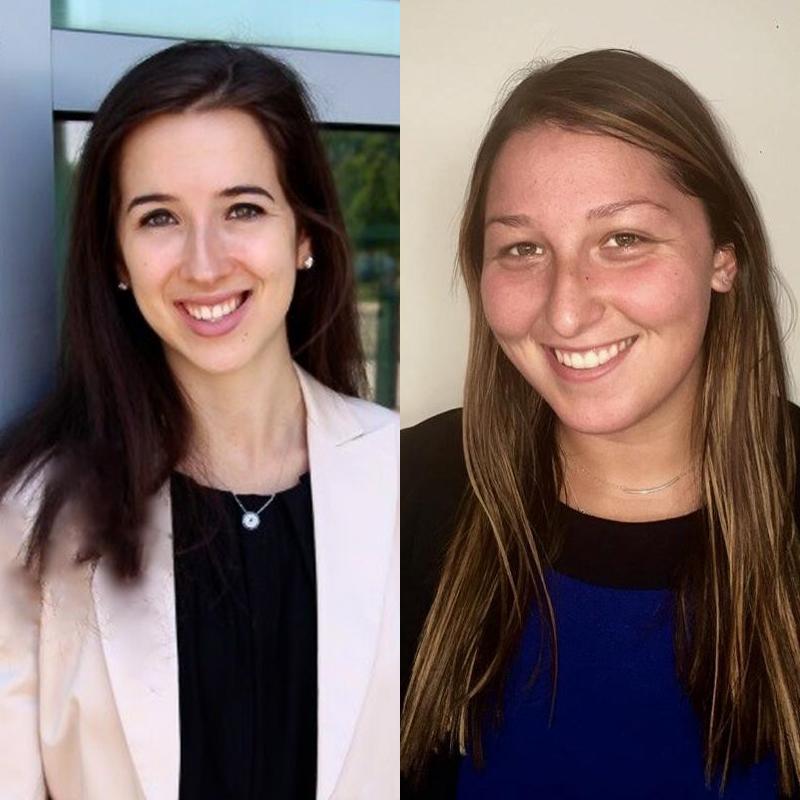
A Panel Event: Combining Research Insights and Industry Experience
The ILR Student Government Association views the inaugural ILR Theme Project as the perfect opportunity to help students become exposed to a broad range of topics related to "Technology and the Evolution of Work" in order to see what piques their interest and further understand their ILR coursework. We are planning a panel event comprised of both faculty and ILR alumni who are in the midst of work related to the technology space and to the ILR mission of "Advancing the World of Work."
By combining research and practical industry experience, we hope to inspire students to see how applicable what is being taught in our classes is to different industries and how technology is intertwined in all facets of the workplace. A reception afterwards in the ILR Conference Center will help to build upon the already close knit academic community established within the school, but now with a common experience related to the theme. We want to create an event which will hopefully encourage students to continue to explore the evolution of technology while also setting the tone for future programming to unite the entire ILR community.
Maria Figueroa - Extension Faculty & Ileen DeVault - Faculty
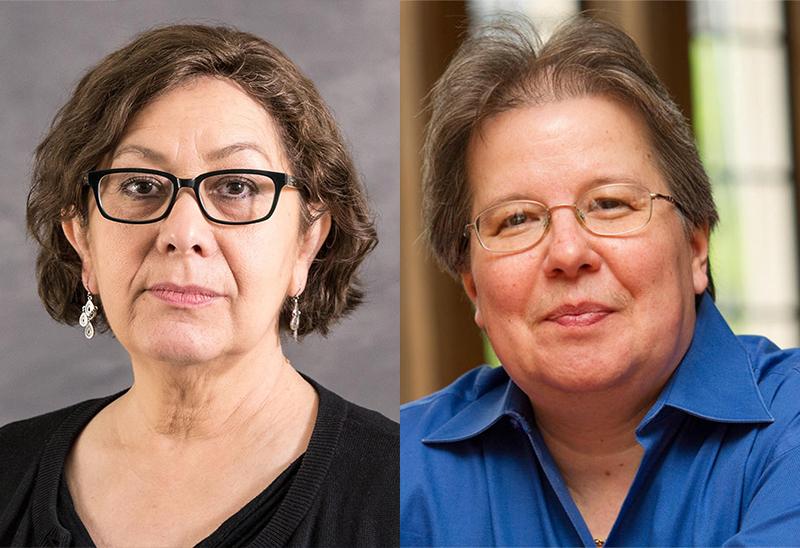
Policy Conference on Responses to Precarious Work: Examining Technology's Impacts on the Employment Relationship
The goal of this project is to provide a forum for a broad array of stakeholders to examine the impacts of technology on labor standards and the employment relationship, and to share best practices on how to address such impacts. The conference will bring together policymakers, scholars, and advocates from across the U.S. and abroad to discuss policy and organizational responses to the impacts of new technology such as digital hiring platforms and just-in-time scheduling software. The conference will also engage ILR faculty and staff around discussions related to worker experiences with digital applications that address labor abuses and improve employment outcomes.
This project will help to increase understanding of the role of technology in both driving and addressing non-standard and precarious work.
Eli Friedman - Faculty
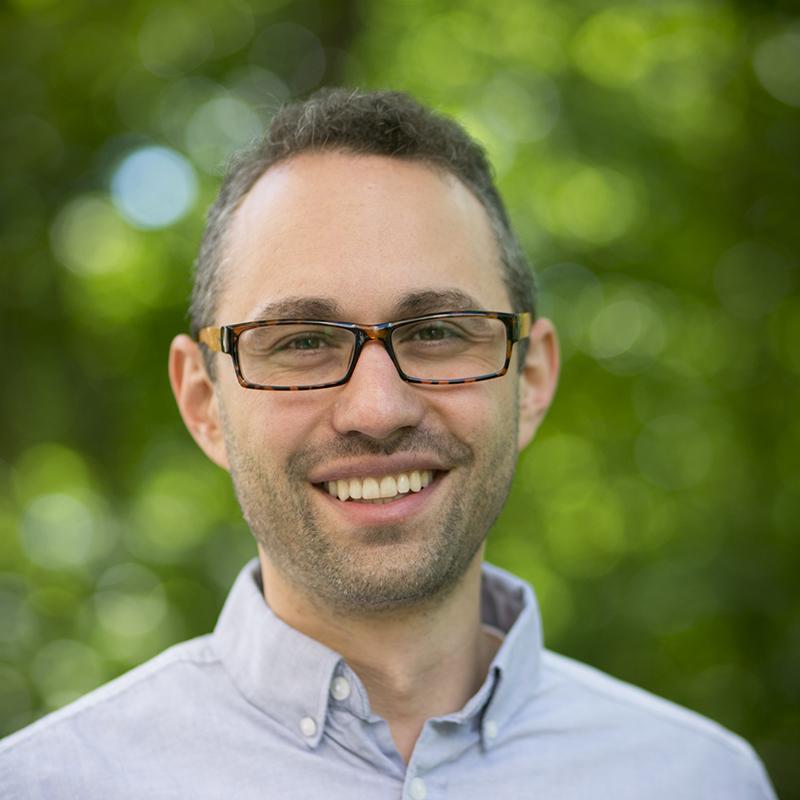
Technology and Work in China
Taking place in Hong Kong, this project will bring together leading scholars from Hong Kong, China, and the US to encourage cross-national comparisons on the impact of technological developments on work. China, as the second largest economy in the world, and a country with a highly unique digital economy, demands attention for scholars attempting to come to terms with the global impact of new technologies. This conference will also encourage greater cooperation to solidify an institutional partnership between ILR and the University of Hong Kong and will be the first of its kind in the region signaling to scholars Cornell’s intention and
ability to have a major role in shaping the development of the study of work, not just in the US, but globally. The conference will include several students and faculty from Cornell, thus allowing members of the ILR community to sharpen their comparative analyses on the relationship between technology and work, facilitate relationship building with HKU faculty, and to further the possibilities for collaborative research.
Louis Hyman & Ifeoma Ajunwa - Faculty
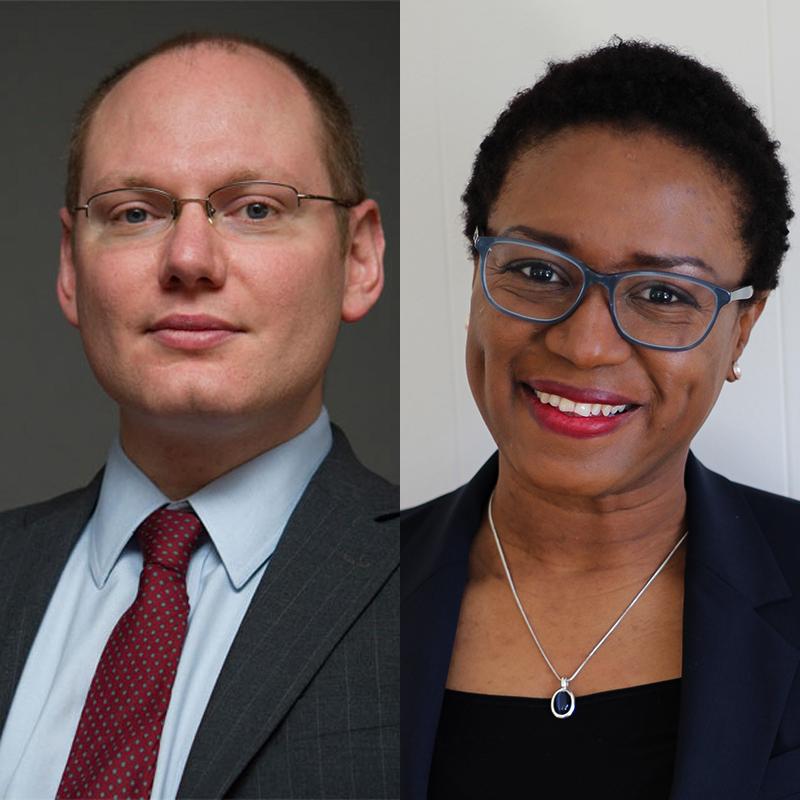
Women in Tech Conference
We are convening this conversation to engage women in the NYC tech industry about the different experiences that women have in the technology sector. With all of the attention surrounding gender discrimination at the big firms, we need to understand how this sector works, and how it can work more equitably.
We hope that this convening will create new networks among women, and lead to new avenues for change. We also hope that it will create a bridge between academics and workers. If women aren’t part of the evolution of work, then it is not evolution, it is devolution.
Nikolaus Krachler - PhD Student
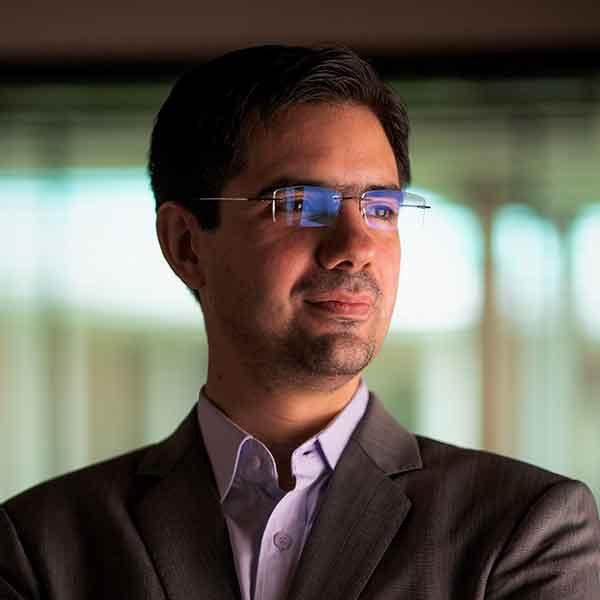
Understanding the Impact of Information Systems on Coordination at Work
The project’s goal is to understand whether and how information systems facilitate the coordination of information at work. I situate this goal in the context of coordination across health and social services, using a matched comparison where one information system has a limited set of functionalities and the other a broader set of functionalities. My main outcome of interest is how often care coordinators interact with clinical providers and patients.
If information systems increase coordination, then the information system with a broader set of functionalities should make it easier for care coordinators to interact with clinicians and patients. The 2010 Affordable Care Act has been an impetus for the increased use of information systems. However, it is unclear whether and how information systems facilitate coordination. My project addresses these questions and examines not only the impact of information systems on coordination but also what workers do in the absence of a positive effect on coordination. It thus contributes to an understanding of the effects and limits of information systems in terms of coordination at work.
Adam Seth Litwin - Faculty

The Impact of Technological Change on Work and Workers: An Industry Studies Approach
How will technological changes in the provision and delivery of healthcare influence work and employment in the sector—historically an important source of jobs for workers without a college degree? And, to what extent can developers, employers, worker organizations, and policymakers act to encourage the diffusion of technologies that—at minimum—mitigate technology’s downward pressures on wages and employment, and, perhaps, even augment job quality?
This study—one of a set of industry-specific, mixed-method investigations into the determinants and impact of technological change in a single sector—aims to engage myriad stakeholders to shed light on the ways that emerging technologies in healthcare will influence employment, wages, and skill requirements in the sector. Results will be conveyed not only through academic writings, but through reports aimed at policymakers, worker organizations, and others.
Brian Lucas - Faculty & Lillian Ellis - PhD Student
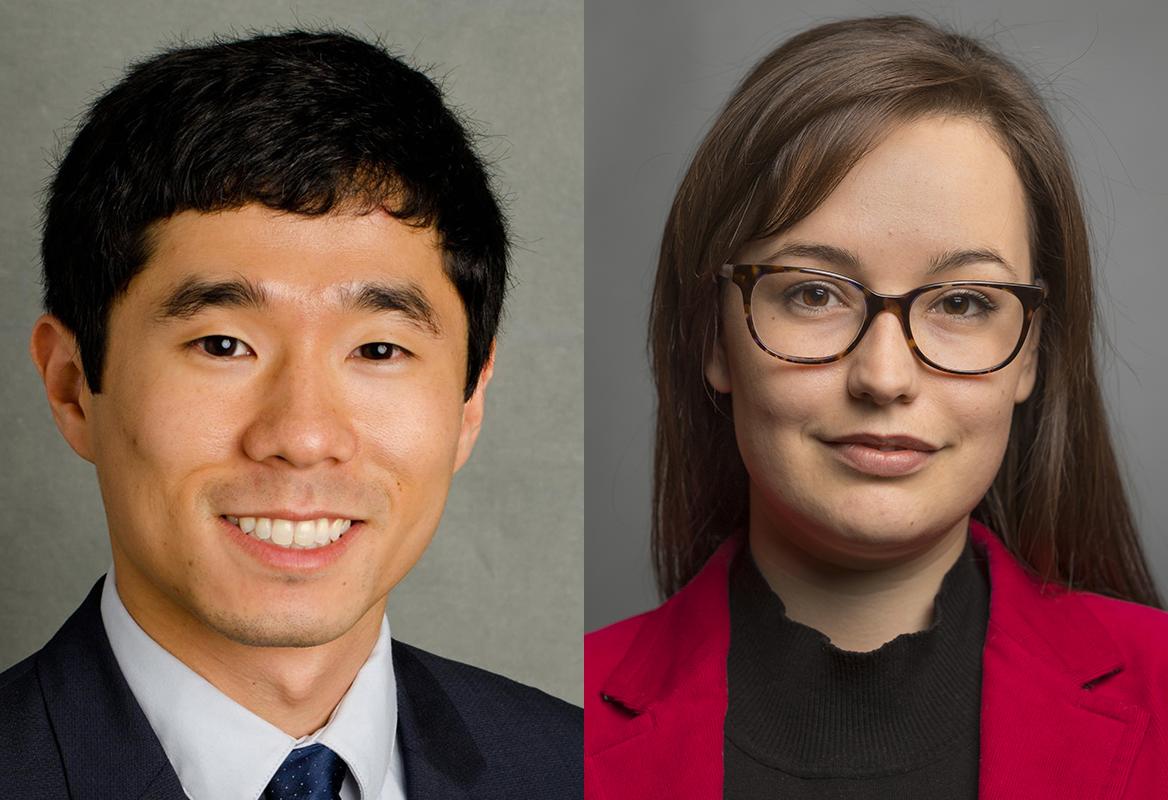
Using Experience-sampling Technology to Increase Creativity in the Workplace
Can your smartphone increase your creativity?
The goal of this project is to test whether experience-sampling technology – delivered through a smartphone application – can help people to better understand the factors that make them creative and to increase their workplace creativity.
This project will shed new light on the topic of worker-technology interaction and how technology can be used to augment human creativity.
Rebecca Paluch - PhD Student
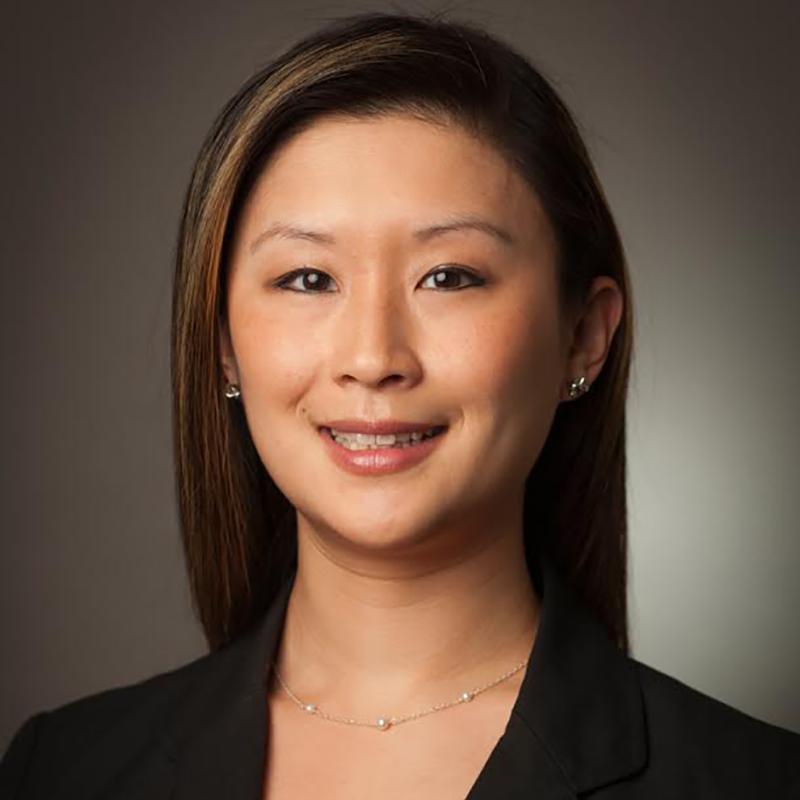
Using Experience-sampling Technology to Increase Creativity in the Workplace
Can your smartphone increase your creativity?
The goal of this project is to test whether experience-sampling technology – delivered through a smartphone application – can help people to better understand the factors that make them creative and to increase their workplace creativity.
This project will shed new light on the topic of worker-technology interaction and how technology can be used to augment human creativity.
Phoebe Strom - PhD Student
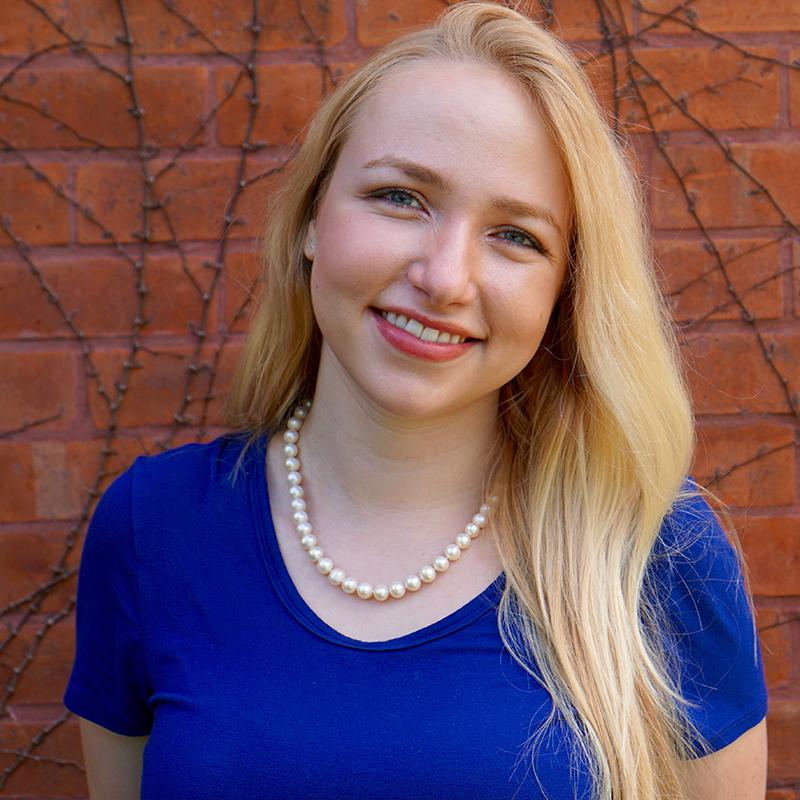
Debugging Workplace Social Relations: How Technology Transforms Conflict and Collaborations
From widespread use of workplace social media channels (Slack) to ‘smart’ buildings designed to foster greater interaction with coworkers (The Edge), organizations are increasingly using technology not just to enhance efficiency but to promote communication, teamwork, and cohesion.
Situated in a healthcare setting, this project directly assesses such efforts, exploring how technology reconfigures interpersonal and intergroup dynamics of collaboration and conflict. In addition to providing empirical evidence of technology’s role in shaping employees’ working relationships, this study will inform context-specific research on how technology can best be deployed to improve health outcomes.
KC Wagner - Extension Faculty & Sanjay Pinto - Worker Institute Fellow
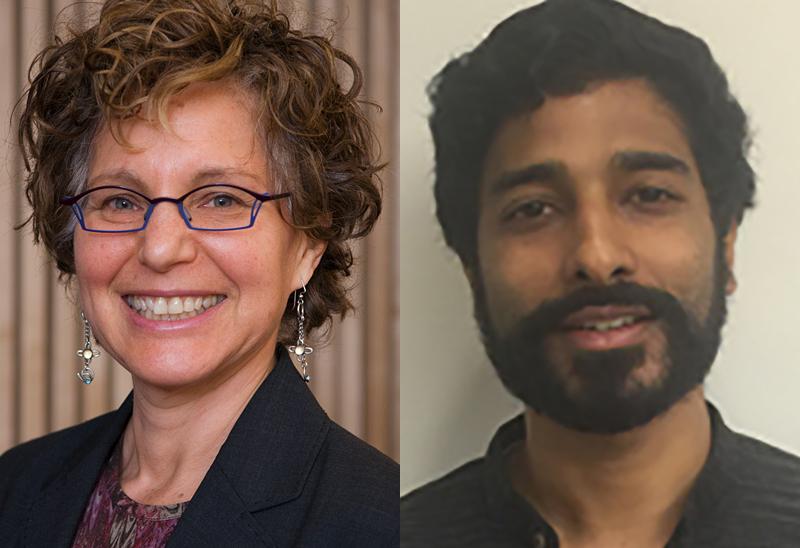
Creating a New Code? Tech Platforms as a Basis for Worker Empowerment
Technological innovation has transformed the world of work in recent decades. This includes on-demand platforms such as Uber and crowdsourcing platforms such as Mechanical Turk that are reshaping numerous industries. Recent years have seen the creation of new kinds of technology platforms that are oriented to empowering workers and improving the quality of low-wage jobs. This project seeks to map these platforms, better understand their impact, and develop a community of practice through which developers, users, and other stakeholders can share challenges and best practices. Through the project, we will build a database of these technology platforms; develop a typology of these platforms in a review article; and start a set of in-depth case studies to better the models that are being developed, what they have accomplished, and the challenges they confront.